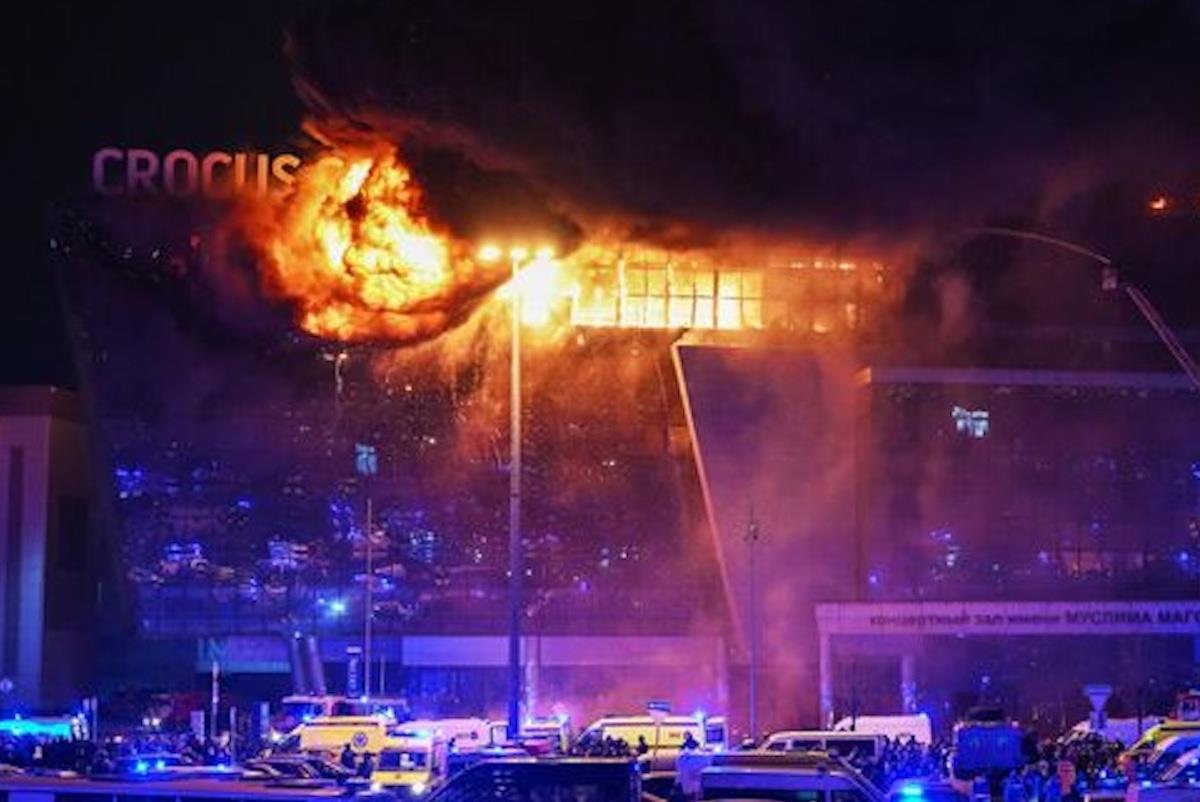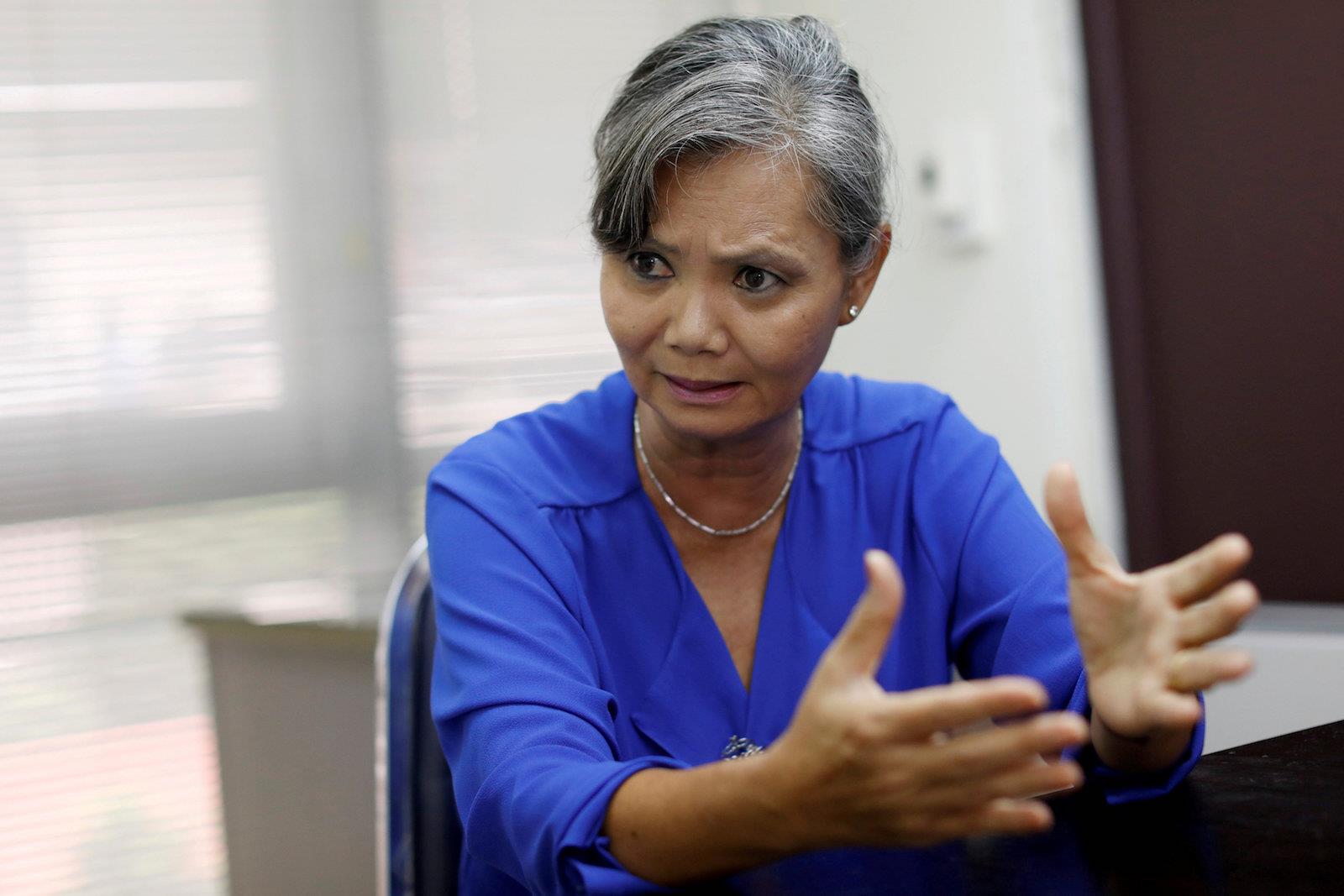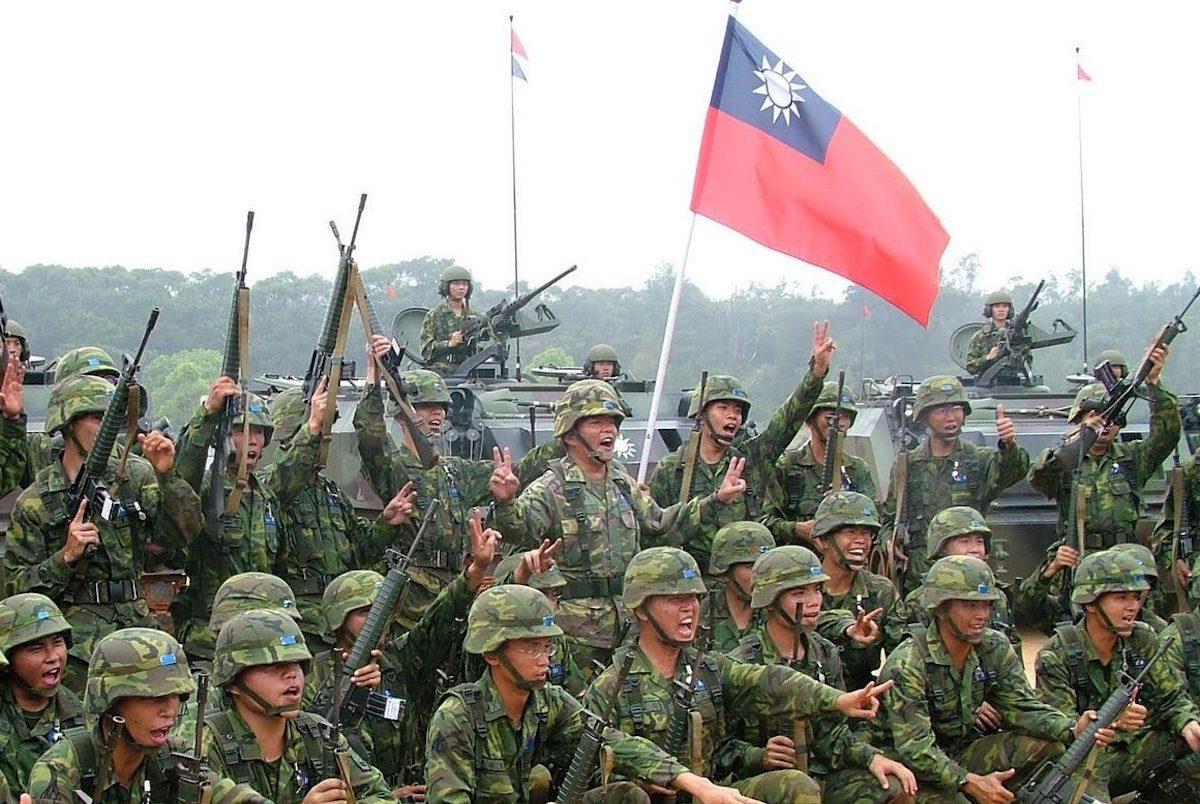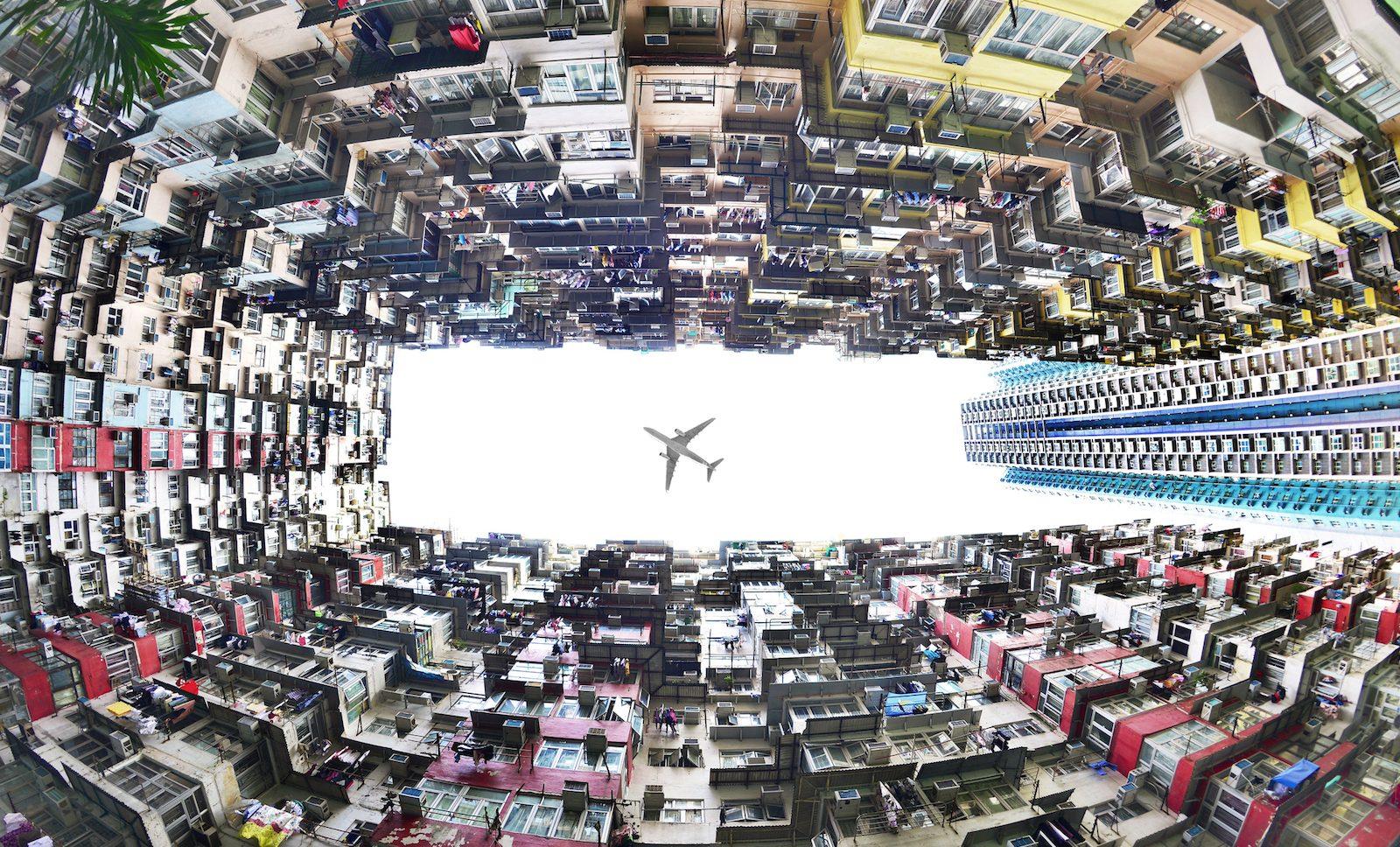(MENAFN- Asia Times) What do people in Myanmar really think of the political climate of repressive, incompetent military rule and the direction the country is headed? There is an industry of supposition, specious reasoning and sophistry that often masquerades as insight into the country's political dynamics.
A just-released report ,“Citizens' perceptions of current political and armed conflicts”, provides some much-needed rigor in measuring what Myanmar's diverse and embattled communities think of the crisis.
The Blue Shirt Initiative is a research collective that has produced one of the most credible surveys of public opinion in the three years since the military coup of February 2021. It may not provide any solutions but it is an arresting array of findings of a society in distress.
The researchers surveyed 2,892 people in a total of 233 townships, out of 330 country-wide, between late February to early March. The report has five main sections:“perceptions of democracy and democratic values; perception of the current conflicts; trust in institutions; perception of Operation 1027; (and) information source of political news.”
Along with gender and age breakdowns, the survey incorporates geographical differences between ethnic states, predominantly Bamar Buddhist regions and the commercial capital Yangon, which at some points suggests interesting regional variations.
Due to the widespread conflict, there is an uneven spread of respondents, especially in northern Shan state (where the Operation 1027 offensive occurred in late October), many parts of Sagaing Region, most of Rakhine state and much of Karen state.
This undoubtedly presents limitations on the findings but it's important to reflect on just how many locations in Myanmar were able to take part, including most of Magwe, Mandalay, Yangon, the Irrawaddy Delta and much of Shan, Chin and Mon states.
Of those surveyed, 79% claimed to be interested in politics, a rebound from 2020 when polls ahead of that year's elections suggested growing apathy about political issues. 86% want Myanmar to be a full democracy, a positive finding, but tempered by very low expectations the country will achieve that any time soon.
Nearly half of all respondents chose not to answer the question“where would you place our country in the next five years?” Similarly, lamentable was fairly lukewarm support for women's participation in politics.
Latest stories

Tajik terror shadow falls over Russia

Democratic dawn in Cambodia's autocratic darkness

Give Taiwan's youth a fighting chance against China 53% of respondents think the country is“heading in the wrong direction”, with a still puzzling 8% thinking it's going in the“right direction.” A not surprising 39% chose not to answer, underlining the sensitivity of many of the survey's issues and the understandable reluctance of many people inside Myanmar to respond to such questions. One of the most worrying aspects of the survey is the suggestion that fear is widespread.
80% said“(s)tronger anti-coup and federal democracy movements” and“the role of the Ethnic Armed Organizations (EAOs) in the democracy movement are headed in the right direction.”
The recently enacted military service law has shaken Myanmar society, with 73% of people taking the survey claiming it will escalate the conflicts. A map produced by Data for Myanmar in late March indicates that active forced conscription measures have been taken in 172 townships in Myanmar since the law was enacted in early February.
Predictions on how much longer the conflict will go on are bleak: only 10% believe the conflict will be over in the next six months or a year. 20% contend it will go on for more than three years. Nearly half of the people declined to answer. This suggests that there is more optimism over the imminent victory of resistance forces outside Myanmar than inside. Some of the victory lap commentators should read this section closely.
The survey outlines the corrosive impact the coup has had on society throughout Myanmar. Interpersonal trust has all but evaporated. 84% of people said that they“need to be careful in dealing with people.” Half the population didn't want alcoholics or drug addicts as neighbors, although only a small percentage claimed to have no problem with people of different ethnicity or religion living next door, which, if true, is progress.
There is a marked reduction in“no answer” responses when discussing social issues which are listed as:“increase in commodity prices (83%), rise of crimes (79%), lack of job opportunities (76%), more drug activities and gambling (73%), increase in corruption (73%).”
In many neighborhoods in Yangon, suspected drug users or petty criminals are trussed up and displayed on lamp posts with a warning sign around their necks to serve as an example. The armed conflict in the countryside may have impacted cities in different ways but the breakdown in law and order has been its own war zone as the military and police now act openly as bandits.
A decrease in income registered in the mid-high 80% spectrum across geography, gender and age. Similar was loss of job, difficulty accessing education and, most alarmingly, deterioration of mental health, with 86% in ethnic states and for women, and 84% for people over 25.
Other sections underscore the very different experiences of suffering between different communities. When asked if they had been forced to flee their homes, people in states, where there is often more armed conflict, responded affirmatively with 53%, which dropped to 35% in regions and 30% in Yangon where armed conflict has been much less (there are no daily airstrikes in Yangon). 37% of people in states had lost their homes compared with 26% in Yangon. But the number of people to lose property was high at 63% in both the states and Yangon.
Conflict resolution efforts are an interesting development, with 56% thinking that military means will be more effective (NA-'no answer' 28%), with 39% (NA-26%) thinking negotiations between military and political leaders could work.
But there seems to be substantial hope in international mediation to resolve the conflict, with 37% believing the United Nations or the Association of South East Asian Nations (ASEAN) could be effective. This is curious, as trust in both institutions since the coup has been in freefall and all international mediation efforts to date have been ineffectual.
The most fascinating section is“Trust in Institutions”, which compares 2020 survey results with early 2024. Although not a direct comparison, as the pre-election People's Alliance for Credible Elections (PACE) survey asked slightly different questions, what has changed and has not suggests a dramatically affected society.
State Counsellor Aung San Suu Kyi is the most trusted person/institute with 80% (NA-14%). It is surprising in some way that the post-coup resistance has failed to give rise to a new generation of leaders who may have eclipsed Suu Kyi but also indicates a strong affinity with her as a still-potent resistance image against military rule.

Sign up for one of our free newsletters The Daily ReportStart your day right with Asia Times' top stories AT Weekly ReportA weekly roundup of Asia Times' most-read stories
The People's Defense Forces (PDFs) were next with 73%. The often-reviled National Unity Government (NUG) must be happy with a 65% score and the ethnic armed organizations (EAOs) with 60% improved on their 2020 ranking of 22% confidence. Their post-coup resistance and the success of Operation 1027 would likely account for this.
Junta strongman, Senior General Min Aung Hlaing, scored an unsurprising 72% negative rating (NA-18%), with his State Administration Council (SAC) getting 63% (NA-23%).
The 2020 survey found 33% had no confidence in the military but 43% did (NA-21%). This came as a real shock to many at the time, and something worth reflecting on as possible part-motivation for staging the coup, believing they had potentially half the country behind them.
Yet in the 2024 survey, that support has evaporated, with 67% registering no confidence, although with a stubborn 5% having quite a lot or a great deal of confidence. (20% declined to answer.)
The survey concludes with questions about information sources. Facebook is still dominant at around 40% while the Myanmar media is slightly less trusted than international media.
Yet so much analysis about Myanmar has relied on generally high-quality Myanmar media reporting, which has been strip-mined by a surfeit of foreign conflict data outfits, the good ones who report publicly such as ACLED , or plunder then privatize public information and sell it to businesses and embassies.
“Anecdata”, combining stories woven into analysis, also abounds, in international perceptions of Myanmar and in the absence of more open research in SAC-controlled areas.
The BSI survey provides actual substance from a trusted research collective, underscoring that so much of the original and important work on Myanmar is actually being produced by skilled people from the country, in multiple ways.
They deserve even more international support to stay in the lead of reflecting the complex reality of the country as it falls into another year of repression, uncertainty and war.
David Scott Mathieson is an independent analyst working on humanitarian, human rights and conflict issues on Myanmar
Already have an account?Sign in Sign up here to comment on Asia Times stories OR Thank you for registering!
An account was already registered with this email. Please check your inbox for an authentication link.
MENAFN27032024000159011032ID1108026879
Legal Disclaimer:
MENAFN provides the information “as is” without warranty of any kind. We do not accept any responsibility or liability for the accuracy, content, images, videos, licenses, completeness, legality, or reliability of the information contained in this article. If you have any complaints or copyright issues related to this article, kindly contact the provider above.